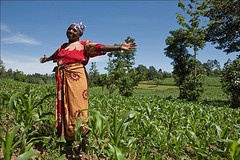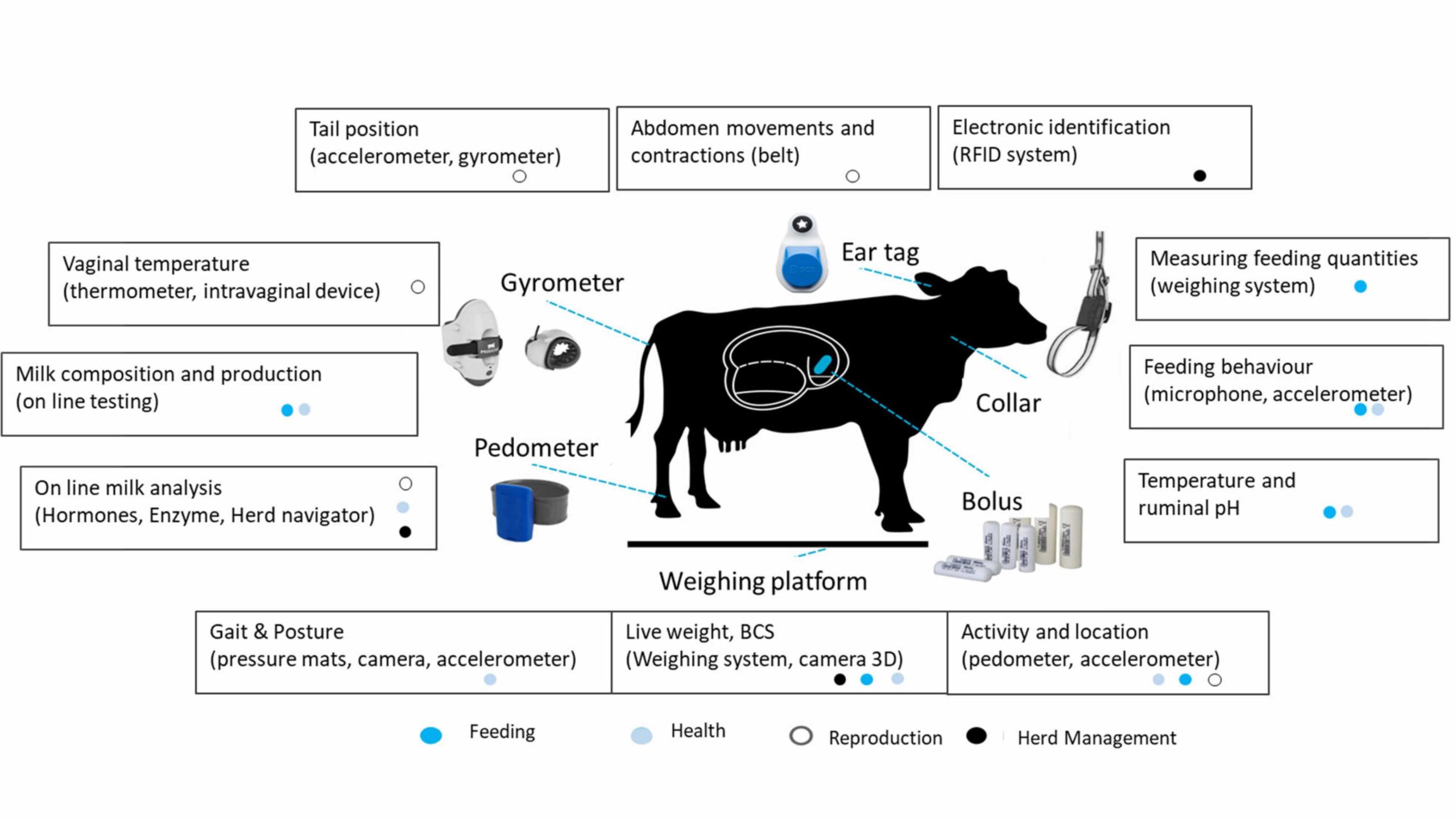The following post by IFPRI Director General Shenggen Fan was originally published on his DG Corner blog.
While the international community works to set the Sustainable Development Goals, which will serve as guideposts for the post-2015 agenda, Bill and Melinda Gates have made their own big bets about how the world will look in 15 years. They envisage a world in which the lives of people in poor countries are vastly improved, and where these improvements will happen at a faster rate than at any other point in history. And they recognize that achieving food security and nutrition, especially in Africa, plays a central role in shaping the world we hope to see.
I applaud the Bill and Melinda Gates Foundation for their letter and for their continued work in improving the lives of poor people throughout the world, especially through the health and agriculture sectors. They also recognize the key role nutrition plays in helping poor people lead healthy and productive lives. With 805 million people undernourished; more than two billion people in the world suffering from micronutrient deficiencies; one in five children stunted; and more than two billion overweight or obese, we simply cannot achieve global prosperity and equity without addressing the magnitude of hunger and malnutrition we see today.
But to achieve the kind of world we envision, we need more than single interventions in agriculture, health, or any other sector. Instead, we must work multisectorally. In our increasingly interconnected world, leveraging linkages across sectors is essential.
Emphasized in the Gates Foundation letter is the key role innovations in technology play to improve the lives of poor people. Much of the work we do at IFPRI, as well as at our sister centers within the CGIAR, integrates innovative, multisectoral approaches to improve agricultural productivity, nutrition, and health while promoting green goals. The widespread distribution and uptake of Vitamin A enriched sweet potato in Africa and the potential of high-yielding, resource-efficient C4 rice are a few promising examples that can achieve multiple wins.
Innovations in policies and institutions can also be game changers for achieving multiple development objectives. For example, converting staple food crop subsidies that promote the overuse of water and fertilizers to the production of nutrient-rich crops, such as beans, fruits and vegetables, can promote efficient resource use and improve nutrition. Additionally, investments in rural infrastructure to improve access to clean water, provide adequate sanitation, promote proper hygiene (WASH), and increase health clinics will also be vital to promote food security, nutrition, and health. In these and other ways, technologies, policies, and institutions can help eliminate hunger and malnutrition.
As a key example of multisectoral work, reshaping agriculture for nutrition and health has been at the forefront of IFPRI’s partnership with the Gates Foundation. We are excited to work with institutions like the Gates Foundation, as they offer not just optimism, but a real commitment to make the world a better place for all. If we continue to do so, there is good reason to hope that by galvanizing commitments from other organizations with similar goals, we can aim to eliminate hunger and undernutrition—and we can aim to do so by 2025. Doing this will help Bill and Melinda Gates make good on their bet for a better world by 2030 and give us a chance to achieve multiple Sustainable Development Goals.







